How to Choose the Best Tablet Press for Small-Scale Manufacturing
As the nutraceutical, supplement, and multivitamin industries continue to grow, many individuals and businesses are looking to create their own products. Whether you're starting a small business, testing new formulations, or customizing your own line of supplements, having the right equipment can make all the difference. Among the essential pieces of equipment, the tablet press is arguably the most critical for ensuring product quality, efficiency, and scalability.
Choosing the right tablet press for small-scale manufacturing might seem complicated, but it doesn't have to be. In this article, I'll walk you through the process, focusing on the essential factors and features to consider. Let’s dive into what matters most when selecting the perfect tablet press for your needs.
Understanding Your Small-Scale Manufacturing Needs
Before you even look at specific models or features, it’s important to clearly define what "small-scale" means in your context. Small-scale manufacturing in the nutraceutical and supplement space can range from producing small batches of tablets for initial market testing to creating more significant quantities for ongoing sales.
Here are some typical scenarios for small-scale manufacturers:
- Startups: You might be testing a new product concept or creating limited runs for customer feedback.
- Custom Formulas: You could be producing specialized tablets tailored to a niche market, such as multivitamins with unique blends.
- R&D: You may be experimenting with various excipient formulations to enhance bioavailability or other product characteristics.
In each of these cases, your production volume, budget, and long-term goals will directly impact your choice of a tablet press. Starting with a machine that meets your current needs but can scale up as you grow is often a smart move.
Types of Tablet Presses: Pros and Cons
There are three main types of tablet presses that you'll come across: manual presses, single-station presses, and rotary presses. Each has its strengths and weaknesses, so let’s break them down to help you understand which might be the best fit for your operations.
Manual Tablet Presses
Manual presses are straightforward machines, ideal for very small batches or experimental use.
Pros:
- Low upfront cost.
- Portability and ease of use.
- Great for trial runs or R&D.
Cons:
- Limited capacity, usually producing one tablet at a time.
- Not ideal for consistent production of large quantities.
Who it's best for: If you’re just starting or need a tool for testing formulations in small batches, a manual press can serve your needs. However, as production scales, this won’t be sufficient for keeping up with demand.
Single-Station Tablet Presses
These are a step up from manual presses, capable of producing more tablets with greater precision.
Pros:
- Affordable for small businesses.
- Higher production capacity compared to manual presses.
- Simple operation with more control over tablet weight and size.
Cons:
- Slower production than rotary presses.
- Limited scalability.
Who it's best for: Single-station presses are ideal for small to medium-scale operations where the focus is on consistent, small-batch production without the need for rapid scaling.
Rotary Tablet Presses
When your production needs increase, a rotary press can help meet that demand efficiently.
Pros:
- High throughput, producing hundreds to thousands of tablets per hour.
- Consistent size, shape, and weight for every tablet.
- Suitable for medium to larger-scale production.
Cons:
- Higher initial cost.
- Requires more maintenance and operational know-how.
Who it's best for: If you anticipate scaling your business and want a machine that can handle higher production volumes without sacrificing quality, a rotary press is the way to go.
Key Features to Look for in a Tablet Press
Now that you have a sense of the different types of presses, let’s dive into the key features that will help you narrow down your choice.
Tablet Size and Shape Flexibility
As you develop your nutraceutical or supplement line, you might want to produce tablets in different shapes or sizes. A press that offers flexibility in punch tooling will allow you to change tablet shapes without buying a new machine. This can be particularly useful if you're producing various formulations, such as chewable tablets, coated tablets, or those designed to be swallowed whole.
Compression Force and Control
Compression is one of the most critical elements in tablet formation. The right amount of force ensures the tablets are sturdy enough to hold together but not so hard that they become difficult to dissolve. If you're working with excipient blends that require specific compression settings, you'll want a press that allows for precise force adjustments.
Ease of Operation and Maintenance
While it might be tempting to go for the most advanced machine, remember that ease of use and maintenance are crucial for small-scale operations. Machines that are easy to clean, calibrate, and operate will save you time and reduce the risk of production errors. Features like quick-change tooling can be a game-changer when you need to switch between different tablet formulations.
Durability and Build Quality
A tablet press is an investment, and you want to make sure it's built to last. Look for machines made from high-quality materials like stainless steel, which are durable and resistant to corrosion. A sturdy press will provide consistent results over the long term, reducing downtime and repair costs.
GMP Compliance and Industry Standards
In the supplement and nutraceutical industry, Good Manufacturing Practices (GMP) are non-negotiable. Choosing a tablet press that complies with GMP standards ensures that you’re producing safe, high-quality products. Look for features that support regulatory compliance, such as dust containment, accurate weight control, and easy cleaning to avoid cross-contamination.
Compliance isn't just about following rules—it’s about producing reliable, high-quality products that consumers can trust. A machine that helps you meet these standards will save you headaches during inspections and keep your production process smooth.
Customization and Flexibility for Nutraceuticals
One of the great benefits of producing nutraceuticals or supplements is the ability to create custom formulations. Whether you're adding active ingredients, experimenting with excipients to enhance bioavailability, or producing multivitamins with complex blends, your tablet press needs to be flexible enough to handle these variations.
A machine that allows for easy punch changes and accommodates different formulations will enable you to switch between products efficiently. This flexibility is particularly important if you're working in R&D or offering customized tablets to your clients.
Cost-Efficiency: Balancing Performance and Budget
For small-scale manufacturers, cost-efficiency is key. While it might be tempting to go for a cheaper machine, remember that lower upfront costs can mean higher maintenance or operational costs down the road. A well-built, reliable machine will minimize waste, reduce downtime, and produce high-quality tablets, which in turn leads to a better return on investment (ROI).
When considering cost, factor in not just the price of the press but also its long-term performance. A machine that produces consistent, high-quality tablets will save you more in the long run than a cheaper option that requires frequent repairs or produces inconsistent results.
Why BuildaPill is Your Ideal Partner
Finding the right tablet press and excipients provider for small-scale manufacturing can be daunting, but BuildaPill offers a range of solutions tailored specifically for businesses like yours. We understand the unique challenges small-scale manufacturers face, whether you're testing new formulas or scaling production to meet increasing demand.
At BuildaPill, we not only supply high-quality tablet presses designed for small to medium-scale production but also offer comprehensive support to ensure that you’re getting the most out of your equipment. From presses designed to handle flexible punch tooling to models that meet GMP compliance standards, we’ve got you covered.
Conclusion
Choosing the right tablet press for small-scale manufacturing is about balancing your current needs with your long-term goals. Whether you're just starting out or looking to scale your business, focus on features like flexibility, durability, and GMP compliance to ensure a successful production process.
With the right machine and support from BuildaPill, you’ll be able to produce high-quality tablets consistently and efficiently—setting your business up for long-term success in the growing nutraceutical and supplement markets.

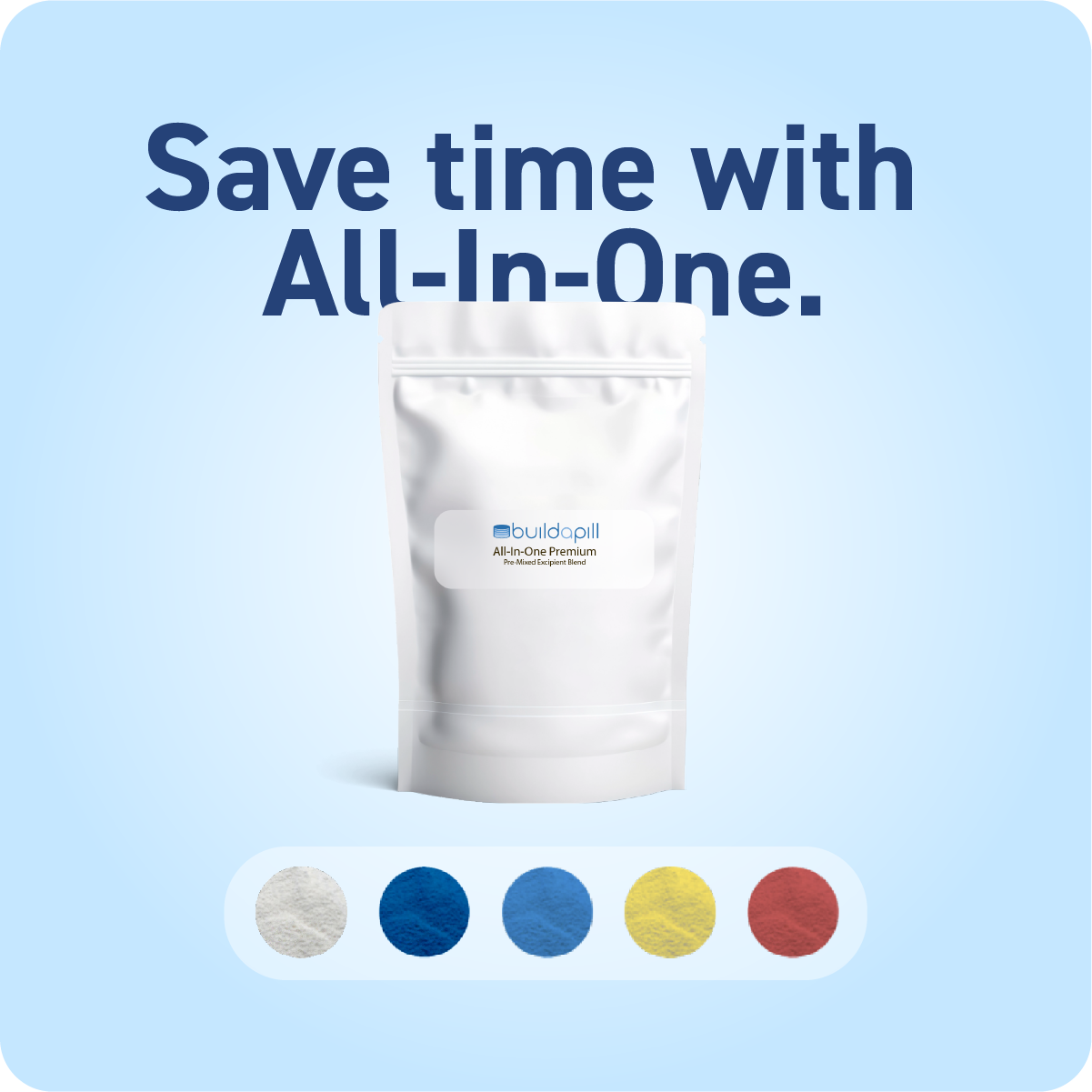
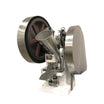
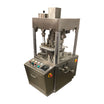
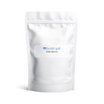
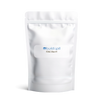
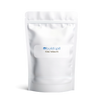
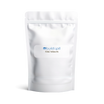
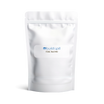
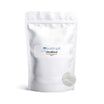
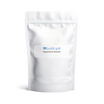
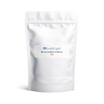
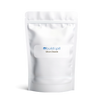
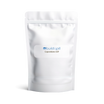
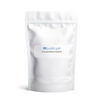
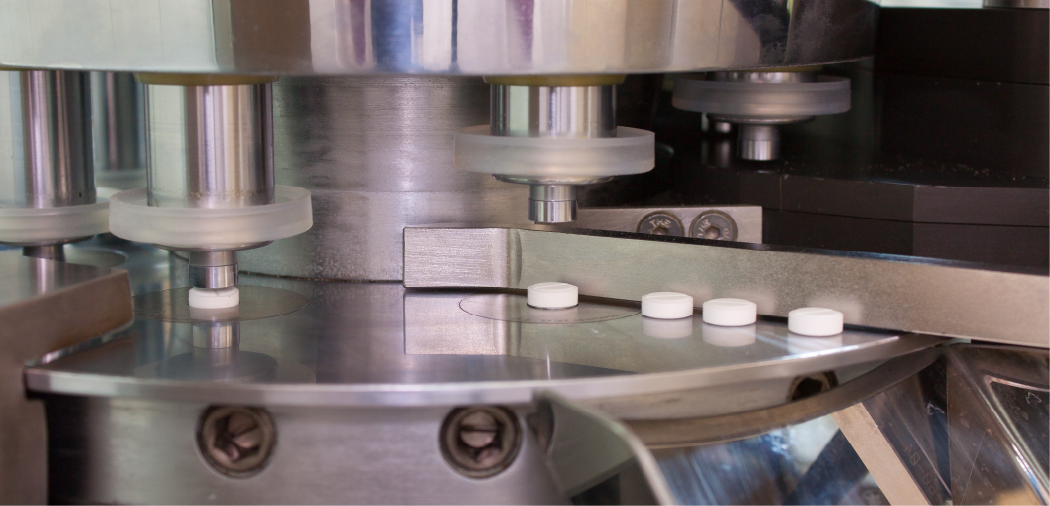

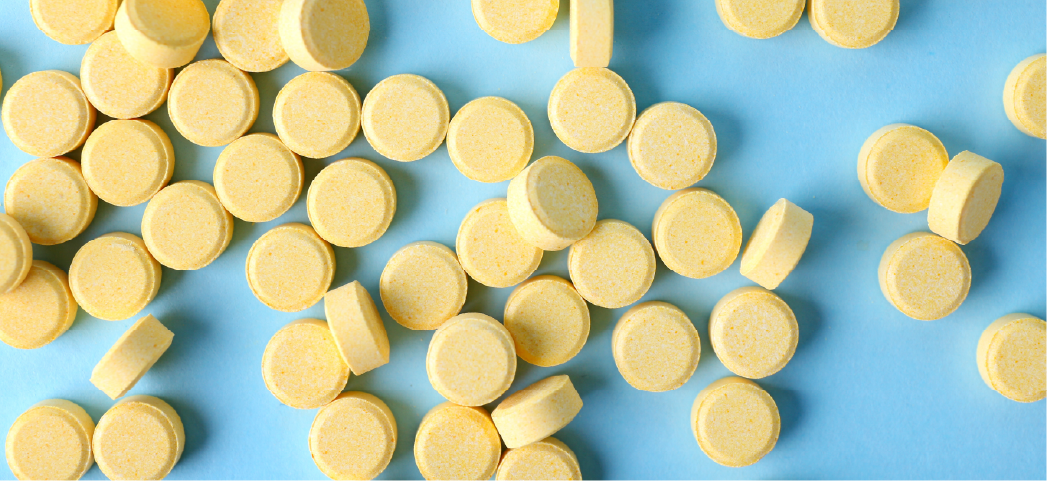

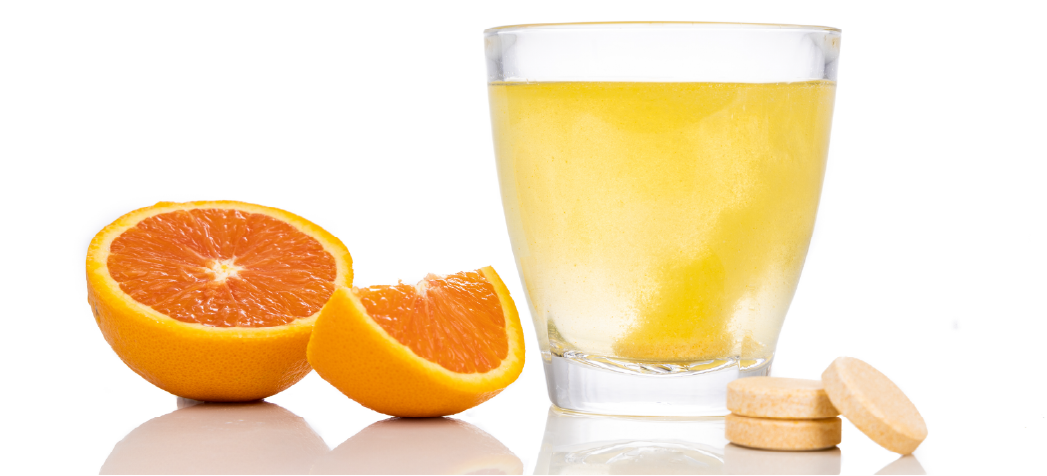


Leave a comment
This site is protected by hCaptcha and the hCaptcha Privacy Policy and Terms of Service apply.